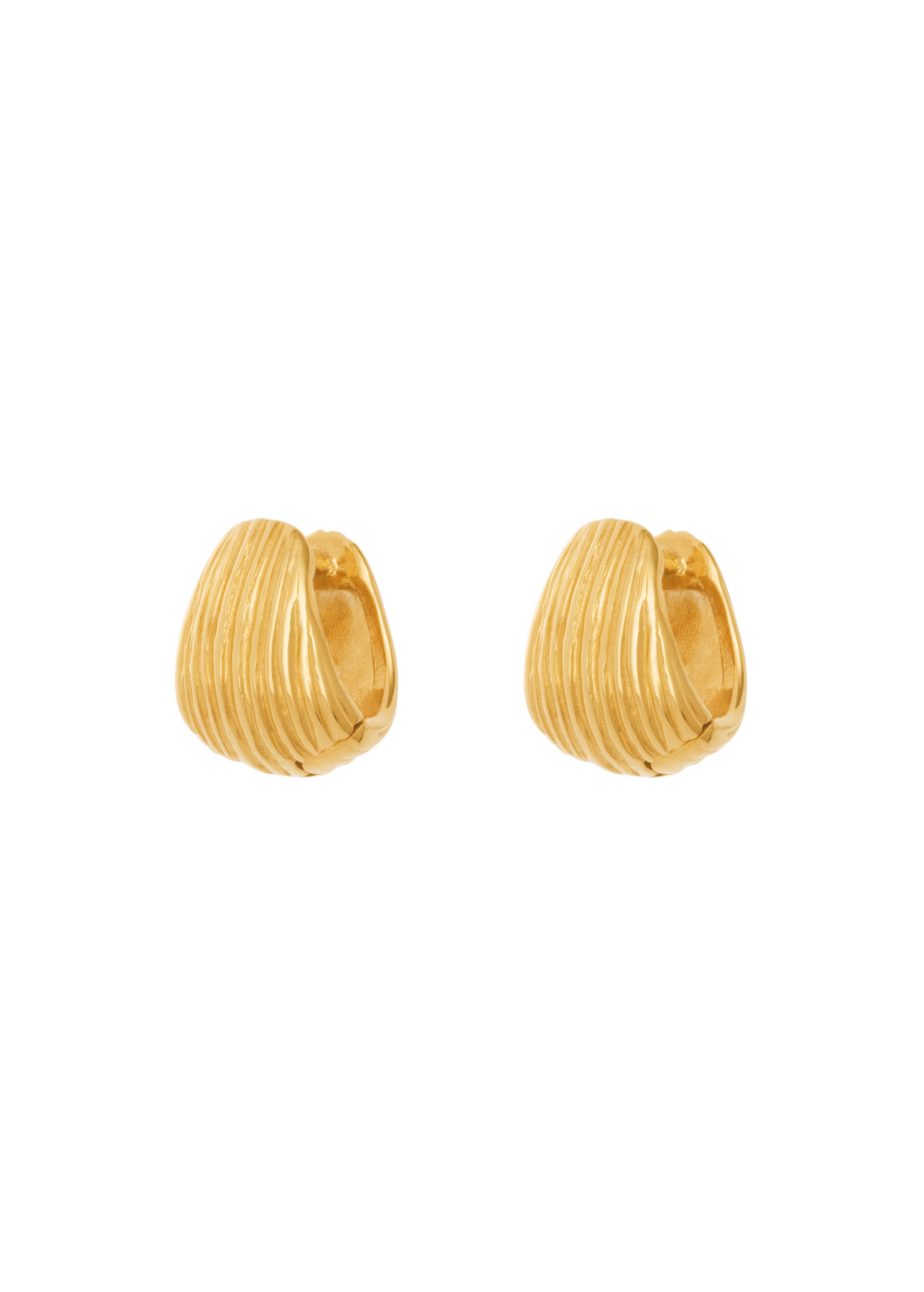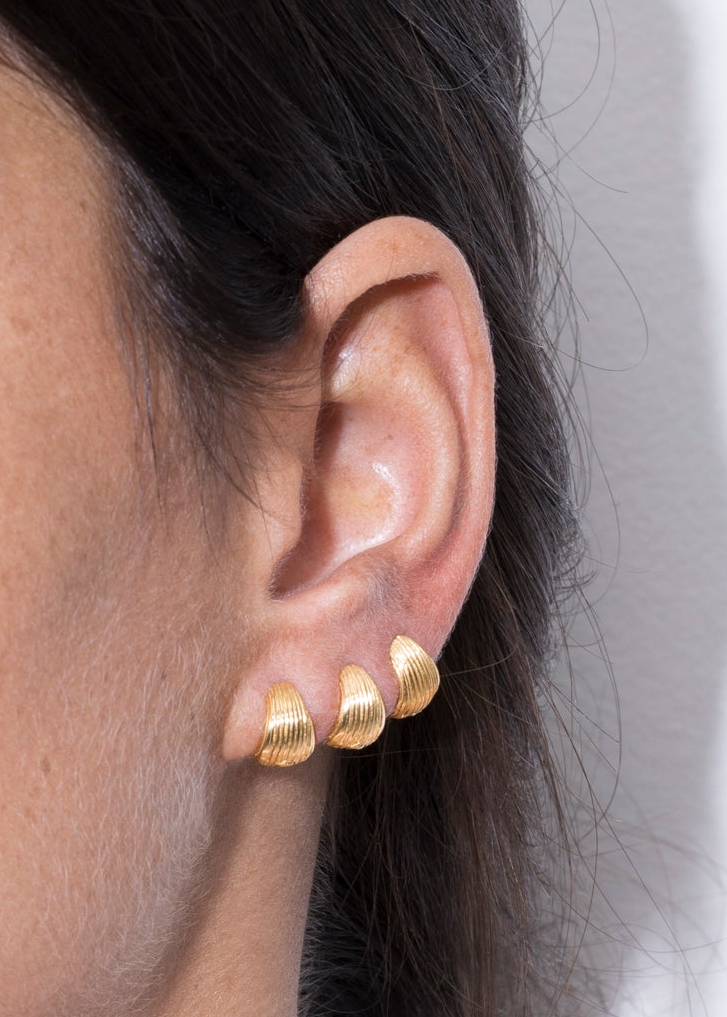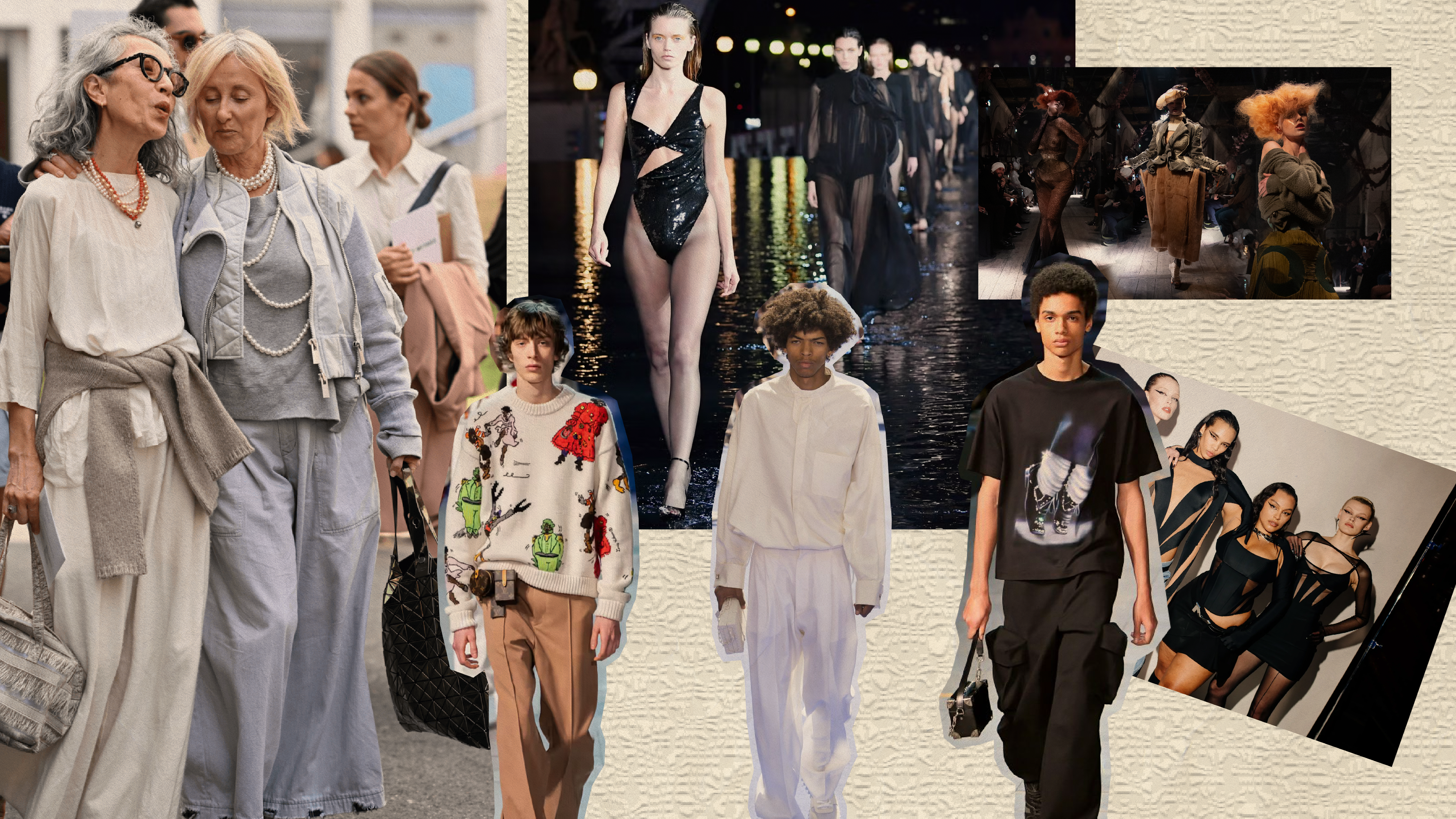fashion has always been a powerful form of self-expression, with high-end designers traditionally setting the tone for what’s considered stylish and desirable. but in recent years, the influence of the runway has expanded far beyond fashion shows, spilling over into everyday wardrobes and street style.
the synergy between luxury brands, fast fashion, and social media has created an ecosystem where trends evolve faster than ever, making the runway a key driver in shaping street style.
the runway as a fashion blueprint
high-fashion runway shows have long been seen as a spectacle—an opportunity for designers to showcase their creativity and vision for upcoming seasons.
these shows often present avant-garde, experimental looks that serve as a fashion forecast, pointing to future trends in fabric, cuts, colors, and silhouettes. however, in the past, these collections were mostly aspirational, with high price points and limited accessibility to the everyday consumer.
today, thanks to digital platforms and a more interconnected fashion industry, these high-fashion ideas are quickly adopted, adapted, and democratized for mass audiences.
what was once only visible to editors and elite buyers is now accessible to millions of people across social media, making it easier for consumers to engage with cutting-edge trends in real-time.

brands bridging the gap
leading fashion brands now understand that their runway shows are not just exclusive events, but important cultural moments. many are reimagining how they present collections, with an eye toward how these designs will translate to everyday street style. some key ways brands are influencing this transition include:
fast fashion and high-low collaborations
brands like h&m, zara, and uniqlo have built business models around quickly translating runway trends into affordable pieces. through fast fashion’s agile production systems, styles seen on high-fashion runways are often available in stores within weeks, making it possible for consumers to wear runway-inspired looks without breaking the bank.
additionally, collaborations between luxury designers and high-street retailers—such as mugler’s partnership with h&m or jw anderson’s collaboration with uniqlo—have made high-fashion designs more accessible to a broader audience. these partnerships allow everyday shoppers to own pieces designed by top-tier brands, blending luxury aesthetics with street style. in addition, luxury brands are discovering new economic benefits in partnering with fast fashion retailers as the fashion market becomes increasingly cut-throat and luxury brands feel the need to stay pertinent and lucrative. collaborating with fast-fashion retailers enables them to expand their reach to a larger audience and access new markets.


luxury brands embracing streetwear
in recent years, luxury brands have begun to look to the streets for inspiration. the rise of streetwear, popularized by brands like supreme, off-white, has infiltrated high fashion, blurring the lines between formal and casual wear. for instance, louis vuitton’s appointment of streetwear legend virgil abloh as its menswear artistic director signaled a shift toward integrating street culture with luxury fashion.
today, many luxury brands are designing collections that appeal to streetwear’s casual yet edgy aesthetic, incorporating sneakers, oversized silhouettes, and athleisure pieces into their offerings. this intersection of high fashion and streetwear has made it easier for consumers to integrate statement pieces into their everyday wardrobe.

 louis vuitton michael jackson-themed pieces
louis vuitton michael jackson-themed pieces
runaway louis vuitton 2019 menswear
influencers and social media
social media platforms like Instagram, tiktok, and pinterest have revolutionized how trends spread. fashion influencers, bloggers, and even everyday consumers can instantly share their outfits, allowing street style to reach millions in moments. brands, too, have recognized this shift and increasingly rely on influencers to style their collections, showcasing how runway pieces can be worn in day-to-day life.
as influencers bridge the gap between high fashion and mass-market trends, they offer relatable interpretations of runway looks. brands often send influencers pieces from their latest collections, knowing that their styling will directly impact how consumers perceive and adopt the trends. this has led to a rise in micro-trends—styles that emerge and evolve rapidly thanks to their exposure on social media.

the democratization of fashion
while the runway used to be the playground of the fashion elite, today it serves as an important catalyst for street style, which in turn informs and drives new runway trends. fashion is no longer a one-way street where brands dictate style; rather, it’s a dynamic conversation between designers, consumers, influencers, and the high-street retailers who bridge the gap between luxury and accessibility.
this democratization of fashion is also visible in the rise of sustainability and ethical consumption, as more consumers demand transparency from brands. many fast fashion companies have had to pivot toward producing eco-friendly collections, recognizing that consumers want both stylish and sustainable options.
looking forward: the future of fashion
the line between runway fashion and street style will only continue to blur. as technology advances, brands are exploring new ways to showcase and distribute fashion. virtual fashion shows, augmented reality (ar) shopping experiences, and customizable, made-to-order pieces are reshaping how we think about clothing and trends.
furthermore, the rise of gender-fluid fashion, size inclusivity, and diversity in model representation are breaking down traditional fashion norms, making everyday fashion more reflective of real-world consumers.
as brands continue to shape fashion both on and off the runway, street style will remain a powerful force, ensuring that high fashion becomes part of the fabric of everyday life.
in conclusion, the relationship between runway fashion and street style has evolved into a symbiotic one. today’s trends are no longer confined to high-end boutiques or fashion weeks but are seamlessly integrated into the streets, social media feeds, and closets of everyday consumers. the fashion industry is not just shaping the future—it’s becoming part of it, one street look at a time.

daniela pedroso, a 25-year-old with an insatiable thirst for life, is a free soul at heart. from a young age, her world has been colored by the vibrant hues of fashion, music, and art. her journey led her to the enchanting streets of paris, where she pursued her dreams and achieved a remarkable 5+ in luxury brand management.









